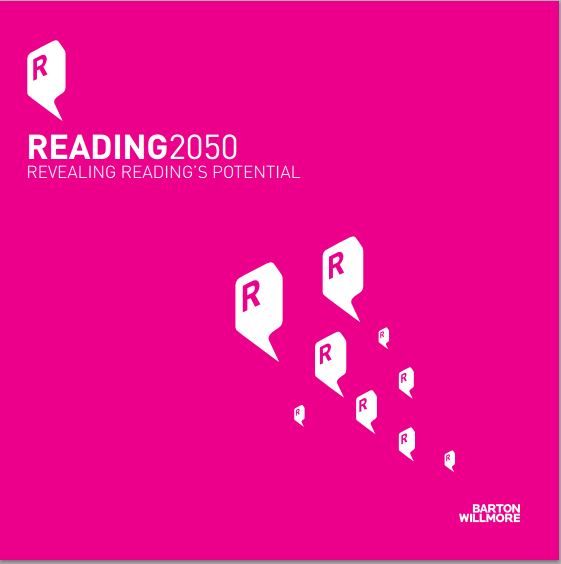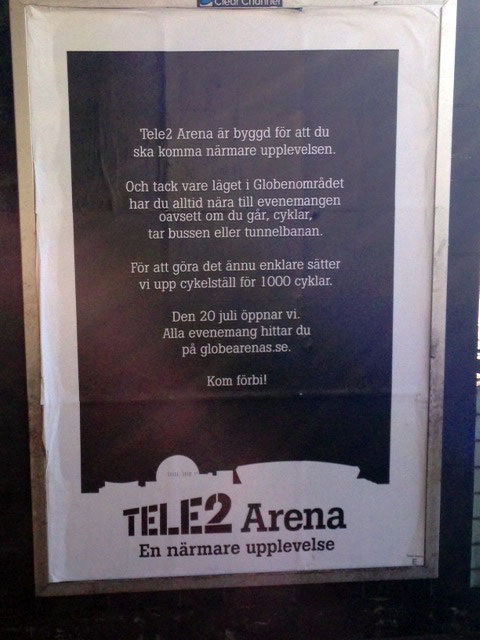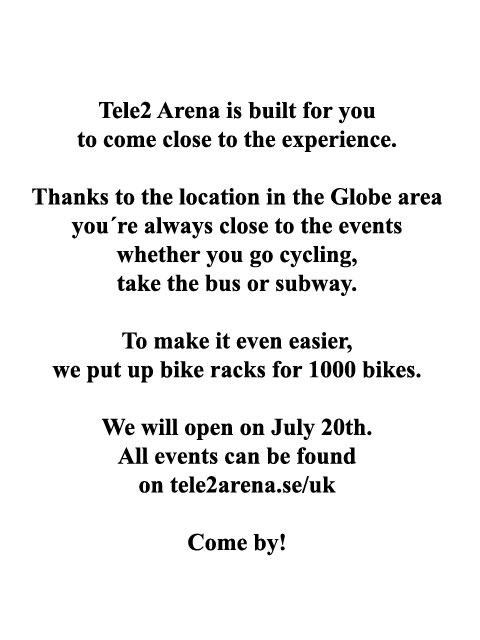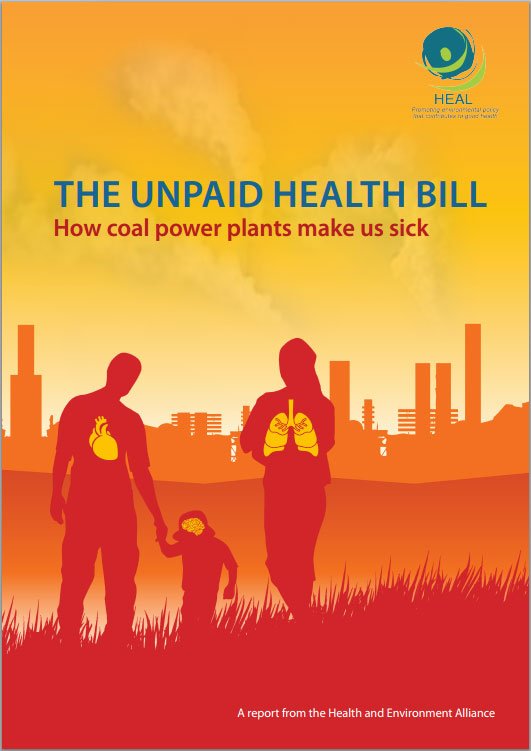Reading Borough Council
Strategic Environment, Planning and Transport Committee
Local Transport Plan (LTP3)
Civic Offices
Reading
RG1 7AE
Subject: Reading climate change air-pollution strategy and monthly Car-Free Work-Day
Reading and UK Petition – Monthly Car-Free Work-Day #TimeToAct2015 #MyCarFreeDaysRdg
Reading should get on board a monthly car-free work-day!
As part of a car free day every motorised vehicle should be forbidden in the whole of the Regional area; with the exception of public transport, emergency services, buses and minibuses, taxis and public vehicles of authority (office, transfer of funds, collection of garbage). Certain people can for exceptional reasons benefit from passes delivered by the municipality.
A car free day is the opportunity to make motorists more aware of the environmental impact of pollution and allow better use of public space.
Background
Air Quality
Air quality is important for our health, quality of life and the environment. Air pollution is harmful to human health, plants and animals, and also corrodes materials and buildings.
- Air Quality Management
- Air Quality Monitoring Data
- Air Quality: Frequently Asked Questions
- Controlling Sources of Pollution
- How Air Pollution Can Affect Your Health
- Local Air Quality Management
- Smoke Nuisance
- We Can All Help to Reduce Air Pollution
Transport
An effective transport system is fundamental to building sustainable and thriving local communities. The challenge is to minimise transport’s contribution to green-house gas emissions, through reducing the need to travel, encouraging the use of more sustainable modes of transport and alternative energy sources, and reducing congestion
- Develop a transport infrastructure which supports more low carbon travel options for people in Reading
By developing a friendly pedestrian/cycling infrastructure such as bridges, premier cycle routes. By supporting electrical charging stations for electric vehicles and introducing more cycle hire - Encourage non-car travel for all sectors of the population, through targeted advice, incentives and enforcement
By promoting and helping to develop personalised travel planning, introducing incentive schemes like a monthly car-free work-day and increasing enforcement on parking and bus lanes - Reduce energy use and ‘embodied energy’ in transport infrastructure
By better control of lighting and use of low energy lighting. Reducing unnecessary lighting of street furniture - Manage transport infrastructure and services to prepare for climate change
By developing infrastructure appropriately given the changing climate, reallocating space for public transport and cycling and introducing smarter ways to manage congestion and speed, e.g. with social media and best practice road layouts and divest from fossil fuels - Reduce the air pollution from vehicles
By supporting relevant technology and car-pooling schemes, expanding park and ride system and supporting charging sites for electric vehicles in our sharing economy
Overall we fully agree with the “Outline Development Framework- Reading Air Quality”, however we believe a Reading monthly car-free work-day is a perfect opportunity to build upon London’s success with their clean air initiative, and create Reading’s own sustainable pathway route for its citizens. We would like to put forward this idea to Reading Borough Council of using the site Reading’s Air Quality Management Area (AQMA) during the period of 2015-2020 as a functional space to let local community groups use street space as a sustainability hub to promote Reading to becoming a greener place to live and work in. The “monthly car-free work-day” will promote various green project solutions and can also be a testing facility for monitoring and analysing local community for the council.
We hope a car-free work-day will lead to a change in behaviour, enabling the community to work towards becoming a zero-emissions society.
A regular car-free work-day in Reading could fuel an International monthly Car-Free Day which could be an astonishing example of traffic development and public realm. Reading has great potential to embrace the sustainable pathway and become a British role-model in climate change (the air is our all urban common) to honour a successful climate change agreement taking place in Paris December 2015.
On behalf of the Climate Change Centre Reading (CCCRdg), as Reading’s leader in the green movement against climate change, we would like to ask you for your consideration of our proposed project to help drive Reading’s bid for a monthly “Car-Free Work-Day”.
This is an event that has been held in cities around the world, with areas being closed off to cars thus encouraging people to use more sustainable forms of transport, such as walking, cycling or public transport. The event challenges people to:
- Spend one day without the use of a car
- Observe the difference this makes to their locality
- Reflect on how car use can be reduced permanently
This will help us to achieve our aims of reducing air pollution, developing sustainability and increasing Reading’s green credentials through:
- Encouraging people to find alternatives to car use
- Reducing emissions / pollution
- Raising awareness
A Car-Free Work-Day has the potential to improve the quality of life in Reading through a reduction in traffic, and therefore noise and pollution, and also make people more aware of how their own actions impact on the environment. It will also increase Reading’s chances of enrolling for the European Green Capital Award in the future.
We want to strive for community usage of the streets in order to preserve its heritage qualities but also as a sustainable landmark for the future.
Balanced and mixed use of our public space between integrated interest groups; people, bikes, public transport and cars is a kind of damage control, keeping the new agenda safe and sustainable. Especially regarding the cars’ use of the public realm, which is still 80% of street space (if you design mixed use streets you design a healthy city). This high percentage for car use needs to drop dramatically to cope with future challenges. For instance if urban neighborhoods could interact and agree (Empowered interconnection) to regular car free days on, life in our citizen communities would improve considerably.
Our main aim is to bring together businesses, the local community, the Government and those who want to learn about Climate Change, in order to create collaborative momentum to reduce CO2, find new solutions to commuting, increase remote working and develop sustainability in the Thames Valley Berkshire, and beyond.
We hope after the first year trial the Reading Borough Council, who have already evaluated future usage of streets as a historic move and i.e. permanent decision for the Thames Valley Berkshire area, will take action and actually do something that will lead us and a small part of the UK in to new pathway for a shift away from fossil fuels promoting the Reading area as one front leaders in traffic development of turning into city status for 2020 and forth coming…
/cdn0.vox-cdn.com/uploads/chorus_asset/file/2466040/3206.0.jpg)
There are very good reasons to hold community street events in a traffic-free street:
- Making use of the space that a car-free day provide~ Boris Johnson
- Streets are open and ‘owned’ by everyone and so very accessible
- Communities normally suffering from traffic can be opened up
- Neighbourhood shopping centres can be revitalized by a traffic-free event
- They provide new sites for local street markets which are very popular
Once the traffic is cleared the space opens new possibilities for community activities, particularly in areas needing regeneration – their image can be improved. Communities of different ethnic origins sometimes use streets in different ways, drawing on their own culture.
We would like to take this opportunity to thank you for your consideration and invite you to consider future meetings with us or events to discuss from a business perspective the challenges set out in new agenda of curbing CO2 emissions and contribute to the Intergovernmental Panel on Climate Change IPCC´s proposed reduction in greenhouse gas emissions by 50 percent by 2050, necessary if the world is to achieve and to stay below the 2degree target.
Climate Change Centre Reading (CCCRdg)
17 Newbury Close
Charvil
Berkshire
United Kingdom
www.CCCRdg.org.uk
Contact No: 07447 934700
NOTES
Note: Clean Air in London builds public understanding of poor air quality but does not provide advice
CAL 186 About_environmental SCIENTIST April 2013_Air Quality
CAL 186 EA letter to Sutton re SWLI 091112_redacted and reduced file size
CAL 186 10 steps_Smog hospitalisations
CAL 208 Presentation to Public Health Presents 271112_Benefits slide only
http://www.theguardian.com/cities/2014/jan/31/air-activists-social-media-pollution-city
– See more at: http://cleanair.london/solutions/10-steps-for-clean-air-in-london/#sthash.wS9LAHB5.dpuf







